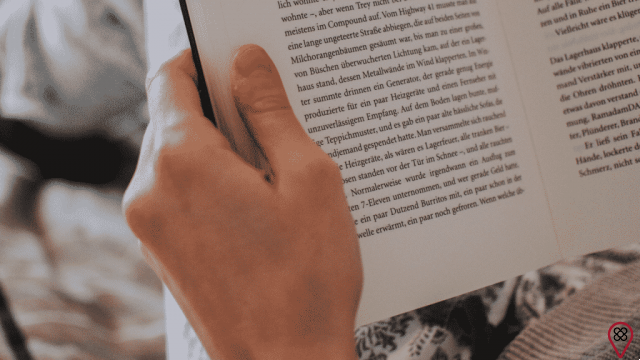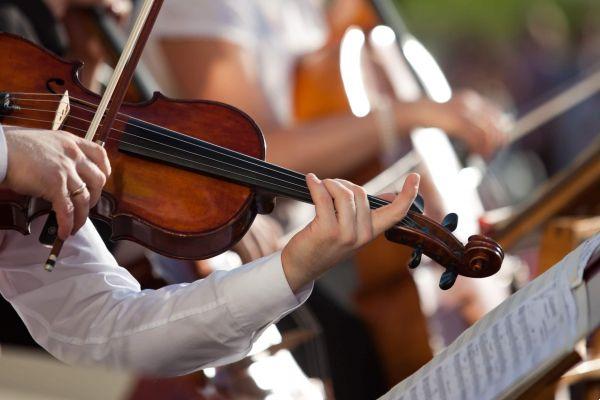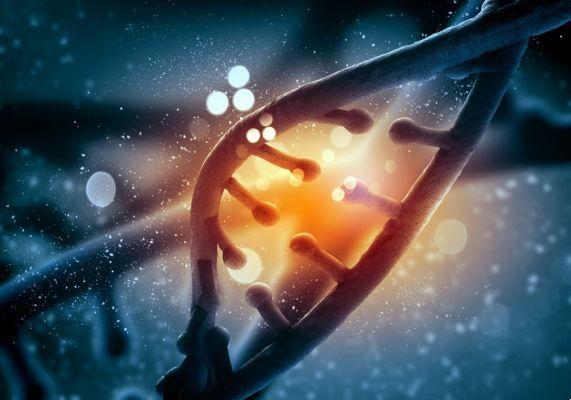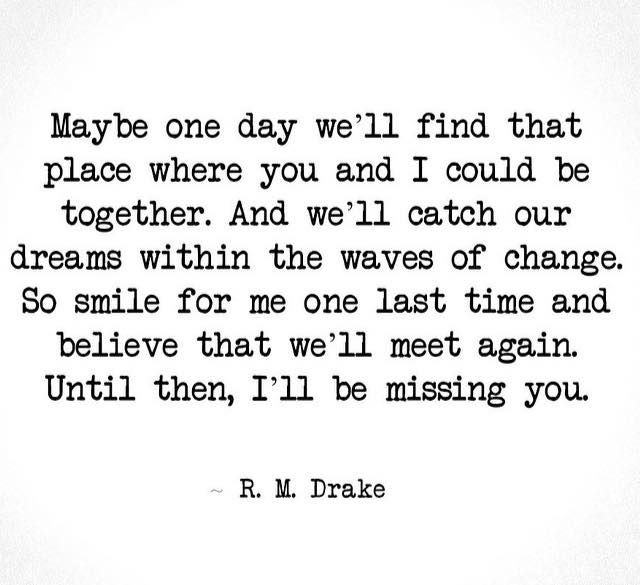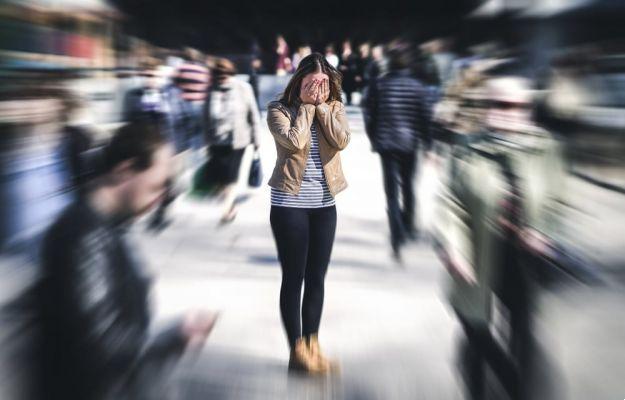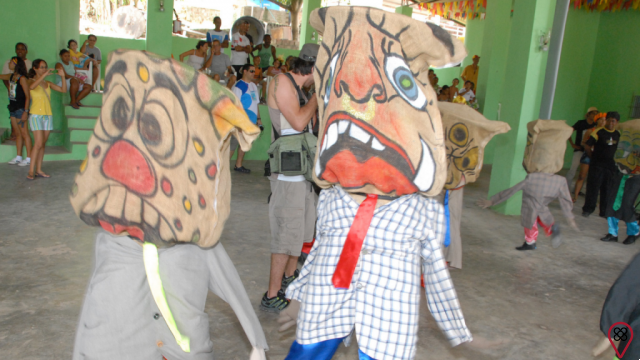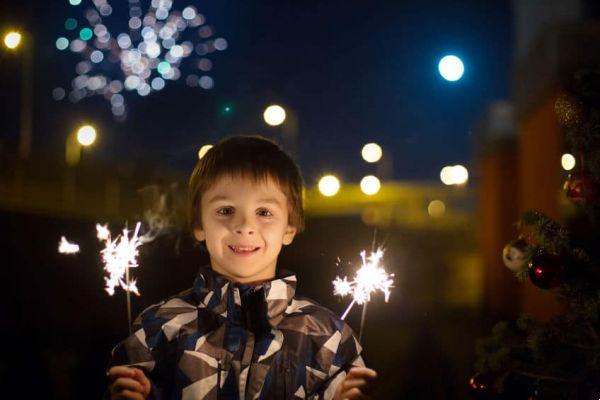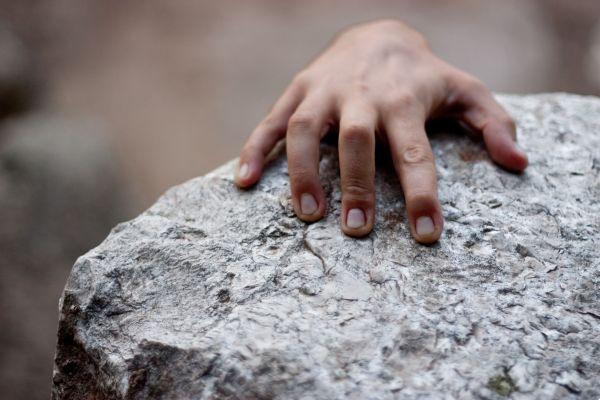“There is an openness in 'being alone' that leads to wholeness.” – Zulma Reyo
Normally, we don't know how to be alone. We look for things to occupy our time and space and we throw ourselves into projects, people and intensities, we do anything to not feel alone. Many people who say they enjoy being alone use this isolation as an excuse to do and be what they want, without distractions, diving into some activity to cover their own selfishness and fear of being insufficient and expendable. This is not being alone.Being alone is a state of pure experience, free from boundaries or goals. We are at the center of the experience, as observers, but without descriptions or reflections. It suggests a stance in which we are a unity, good, perfect and, in a sense, irrelevant. There is no time and space in the experience of the Self. There is nothing to criticize, nothing to complain about, nothing to compete with, nothing to achieve. It is an infinitely sensitive participation in the totality of life at any given moment, as profound as it is subtle. Being alone is the gateway to true and lasting fulfillment and joy.
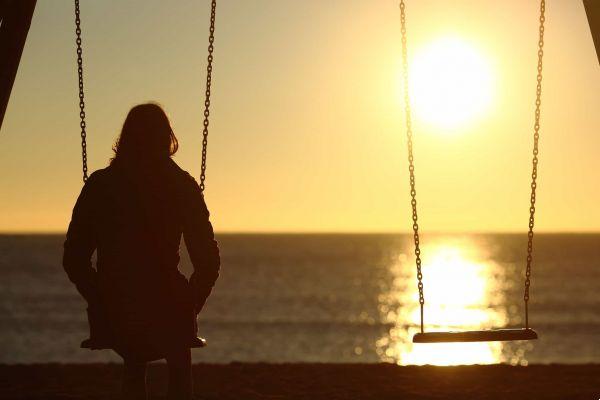
You might also like:
- The relationship between brilliant minds and loneliness
- The good side of being alone
- A harbor called solitude
Loneliness reveals the need for external parameters. Without them, we don't know who we are or what to do with us. The very idea that we are disconnected from companionship, support, and the general context of other people catalyzes despair in the face of nonexistence, unimportance, or worthlessness that sets the benchmark for the confusion we equate with emotional love. The truth is that love doesn't need anyone, anything and doesn't fill the void of those who don't know themselves. The love is. It is an end in itself because it is who and what we are when we live life without definitions.
Unfortunately, our concept of life is centered around active physical participation. A “doing” that invariably requires the presence of other people, constant context and validation. It defines our whole world. Far from bringing us closer, such activity, like the body that performs it, separates us from others and from Creation. The doing and the meaning that we create around it prevent us from feeling life directly.
Personality is the invisible counterpart of the body loaded with subjective meanings.
It is limited and limiting. It is inconceivable to think that we are anything other than the collection of quirks of what we like and don't like that define our reactions and ourselves.
In order to preserve itself, the personality needs to “do” and “show itself”. Exercising power and building meaning.
In an unconscious world, we learn to “do” rather than feel or intuit. We learn to identify with the things we do, replacing unbiased awareness with linear thinking. It is thus what we do and the things and people involved in it become more important than the state of being. Then, when internal connection becomes impossible, we are invaded by a feeling of loss and we imagine ourselves deprived of what we believe to be real. At this point, fear as the absence of the Being has already set in and then extends its shadow: loneliness.
We become who and what we identify with and then believe that this is the core of our being, without recognizing the inner faculty that makes it possible. Personality is the result of a mechanism that we use automatically. However, at the center is the Self, a state and not a condition of Being.
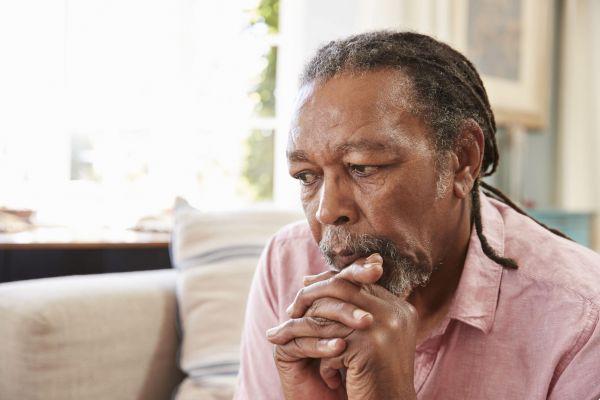
Being alone, the movement that is perceived internally is of non-specific and non-directional abundance. We live wholeness within us by affinity and resonance. This gives us true confidence as a subject connected to the whole. Once this focus is acquired, we are able to manage the personality, adjust our resources, and restructure our world.
“Being” requires a posture of being alone in order to explore fullness and power. It requires the solid and sustainable foundation acquired solely through the experience of the Self.
And we cannot do that if we are subject to definitions. Everyone and everything feels very different when we embrace the depth of intimacy and the fullness of fulfillment in being alone as the most natural experience in the world. To get there, we have to stop getting bogged down with activities, which includes planning and calculation. Everything in its place and in the right perspective. When it comes to us and the direct experience of Creation, it is necessary to replace doing with sensitivity and transform thought into a broad state of awareness.Being alone doesn't stop us from being who we are. But we fail to participate in the infinite dependency we create when we identify with what we do and what others believe we are. On the threshold of being alone (everything is One), we glimpse the ocean in a drop of water and the totality in the One. This unity is what we really are.
The intelligence we employ in building our world is a force that requires conscious guidance. It is invisible, it is the most powerful dynamic of existence, formless, limitless and empty of self-importance.
The challenge facing an evolved human being is to appropriate the full knowledge and responsibility that this extraordinary power represents. This requires the construction in Consciousness of a bridge between our Presence, as being alone, and the conscious and temporal personality. Which means choosing between aligning with limitations or with creativity, with the things we build or with the power that builds universes.
Original text: Zulma Reyo
Translation: Claudia Avanzi



